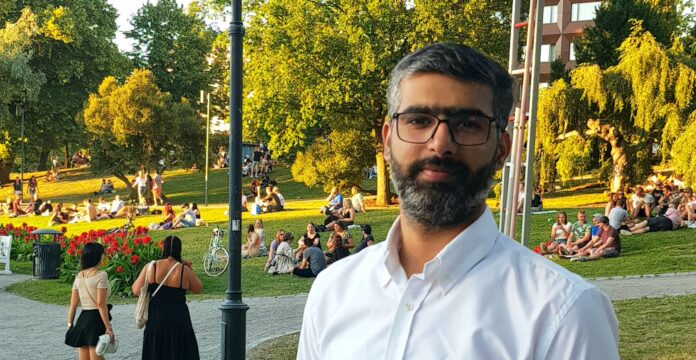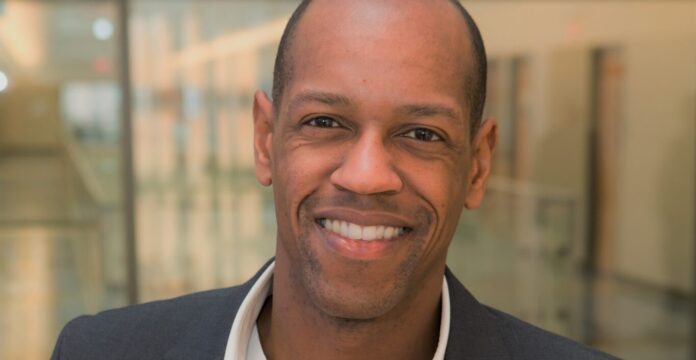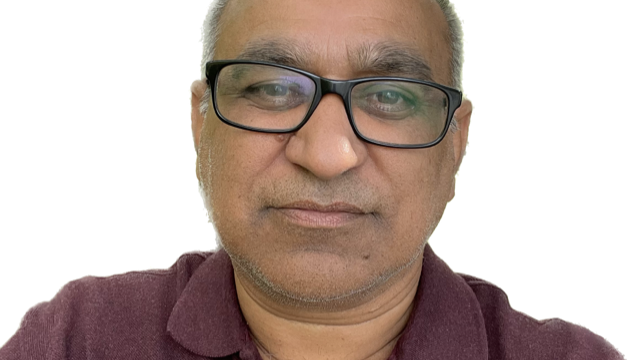Effective communication is crucial to progress in our careers, participate in societal conversations and bolster our influence on society.
Johanna Kalliokoski works as a research assistant at InnoLab. She is a public management Master’s student at the University of Vaasa and is currently writing her Master’s thesis on the public sector’s role in innovation ecosystems.
We all have strengths and weaknesses when it comes to communication, whether presenting at a conference, applying for funding, pitching work through the media or popularising science. Pitch and Publish Café by InnoLab is a new concept offering a series of events that are open to everyone who wishes to improve their skills in expert communication. The idea is to gather around coffee, share knowledge and create solutions to a variety of communication-related challenges that academics and other expert communicators face.
During our first event on 27th September, we mapped the communication landscape and identified key challenges to tackle. We also offered key advice for successful academic/expert communication.
1. Plan and practice
‘Well-planned project is half-done’ and this applies to expert communication as well. Whether presenting at a conference, giving a speech or interview or starting a blog, planning leads to success. When we plan carefully, we feel more confident and the opportunity for mistakes or confusion is much smaller. We become better at writing and presenting just by practicing; there is no shortcut for this.
2. Be strategic – have long-term goals
What do we want, and what must be done to achieve it? Setting a goal helps us determine the most important steps to focus on. A strategic communication plan is more likely to be effective and successful than irregular or impromptu communication. Strategies clarify what to do, when to do it, and why we are doing it in the first place. Having a clear goal and systematically working toward it also makes it easier to deal with hardships every now and then.
3. Know your audience
To make sure our message is heard, we should always know who we are addressing. That way, we can shape our presentation to make it interesting, convincing and understandable to our target audience. It makes presenting easier when we can be sure that the audience gets the idea and is able to follow along.
4. Seek peer-support and give it to others
Feedback is always valuable, whether negative or positive. Feedback helps us grow and improve our work. We should network with people who we find interesting and who are willing to discuss our work with us. Feedback and constructive criticism provide fresh ideas and new points of view to all participants. Giving feedback and supportive comments encourages others to give feedback as well.
5. Be active and do not give up
Sometimes, reaching our goals takes a lot of time and effort. We need to be patient and continue working and improving until we get to where we want to be. Actively seek people who you can share your thoughts with and from whom you can learn. For example, it is useful to do some investigation before a conference or other event to get the most out of it: Who is attending? Who do I want to exchange business cards with? What topics should I study before attending? What is my plan when the event is over (blog post, Facebook update, etc.)?
Communication is not always easy, but when it succeeds, it can make a huge difference. For anyone interested in improving their communication skills, the next Pitch and Publish Café will be held on 25.10.2018. The topic is academic review publishing and how to boost success in that area. Everyone is welcome, but please register to ensure there are enough servings for everyone. Join us for shared knowledge, new ideas and good coffee!



